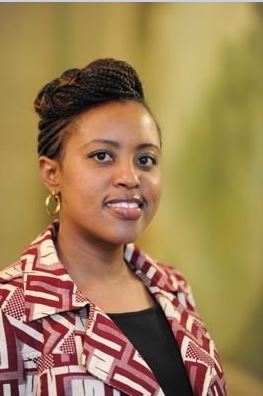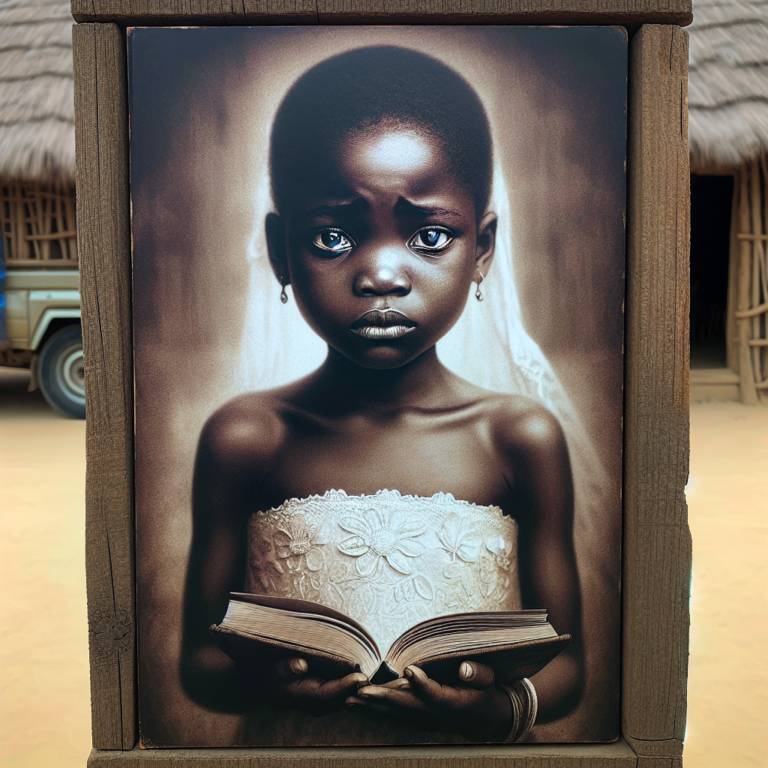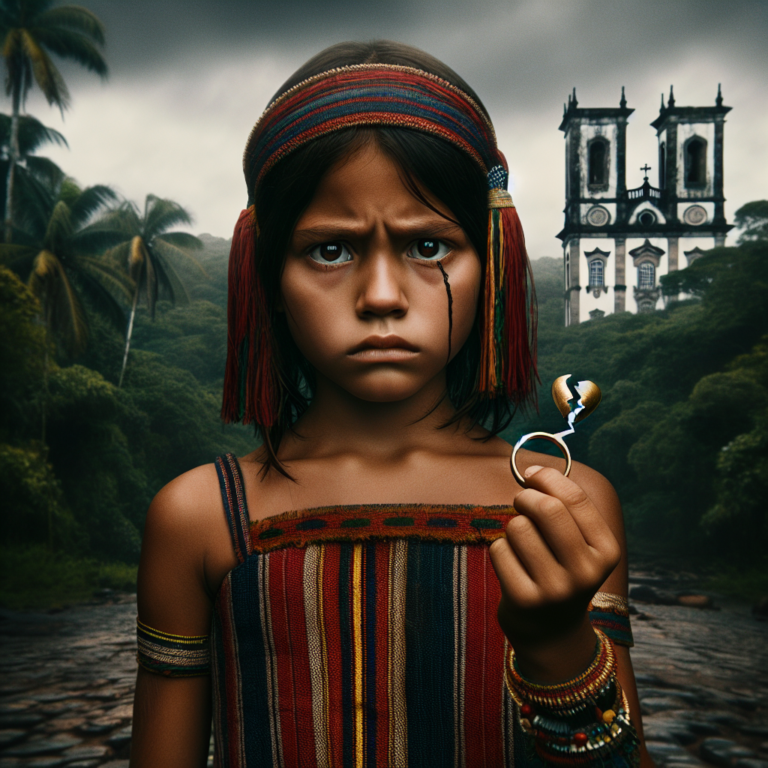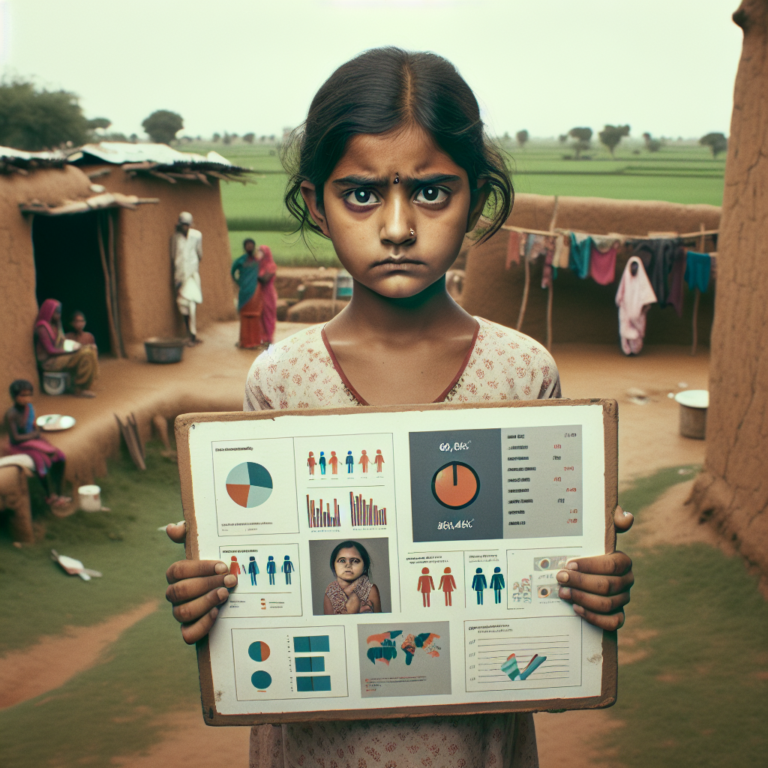ending child marriage
Posted on Monday 8th Mar 2021
This Monday 8 March, 2021, is International Women’s Day (IWD); an annual marker to celebrate progress made for women’s rights around the world. This year we’re looking ahead to what’s needed to create a more equal future in the recovery from the COVID-19 pandemic.
The past 12 months have not been easy for anyone, and the movement to end child marriage is no exception. Girls and women have been disproportionately affected by COVID-19, and UNFPA estimates that by 2030, an additional 13 million girls will be married before they turn 18 as a result of pandemic-related disruptions.
For Girls Not Brides member organisations working to end child marriage around the world, this environment brought additional, well-documented challenges. 2021, however, also presents a host of opportunities to spark change as we walk the road to recovery from the pandemic.
This IWD, the official theme is Women in leadership: Achieving an equal future in a COVID-19 world. To mark this important day, we spoke to Girls Not Brides’ regional leads, whose expertise provides an insight into the challenges and opportunities for actors working to end child marriage across Africa, Asia and Latin America and the Caribbean.
Yvette Kathurima Muhia, Head of Africa Engagement

“We have an opportunity to hold our governments to account on a promise of an Africa-owned, Africa-led initiative to end child marriage across the region.”
“The main challenge facing the movement to end child marriage across Africa is, of course, the COVID- 19 response and recovery. At the onset of the pandemic we saw challenges for community-based organisations to reach girls at risk, and with the initial school closures, we heard from our members that more girls were being cut, getting married, and becoming pregnant as adolescents. The situation has been heart-breaking. As things have started opening up again, government resources are stretched as they’re focusing on economic recovery. COVID-19 has highlighted challenges that were there before; demonstrating clearly that girls and women are not considered a priority.”
“There are opportunities to make changes this year for girls and women. COVID-19 has especially highlighted the importance of retaining girls’ access to education. This presents an opportunity to partner with schools, parents and teachers to ensure girls continue learning, with a focus on the most marginalised girls, including pregnant girls. This is one important factor in preventing child marriage and ensuring a girl’s future.
“Across Africa we also have the Africa Union campaign to end child marriage which is a key opportunity for the Girls Not Brides Partnership to hold our governments to account on their promise of an Africa-owned, Africa-led initiative to end the practice across the region.”
Eugenia López Uribe, Head of Latin America and the Caribbean Engagement

We’ve taken major steps forwards, which will help us mobilise to end child marriage and hold decision-makers to account.”
“In Latin America, there is silence around child marriage – that’s the main challenge we face. We know that one in four girls are married before their 18th birthday in this region. There are often big age gaps between a girl and her male partner, leading to an imbalance and often to violence. Once girls enter into a union, they have fewer opportunities to go to school and to reach their full potential. That’s why the state has a responsibility to create an enabling environment for girls to be educated, economically empowered, and to choose if, when and whom to marry.Recognising child marriage as a priority is the most important step. It’s not about changing a law, it’s about multi-sectoral responses for adolescents to be central in policymaking decisions.
“There are a great many opportunities for Latin America and the Caribbean. One to highlight particularly is that Regional Observatory for Gender Equality has now recognised the Sustainable Development Goal indicator 5.3.2, giving formal recognition for child, early and forced marriages in the region. It’s a major step forwards and will help us position the issue in a regional strategy on gender equality, as well as mobilise to end the practice and hold decision-makers to account.”
Shipra Jha, Head of Asia Engagement
“We’ve made great progress strengthening the movement to end child marriage in South Asia over the last 10 years. It is a highly recognised issue at the political level and within the media, and we have strong laws against child marriage. A key challenge for the movement is to focus not only on the implementation of existing laws, but also looking at them critically to see if they provide a strong foundation and enabling environment for girls and women to thrive and live free from violence.”
“Laws cannot create change on their own and need to be accompanied by positive actions which promote social change. Right now, even if young women are finishing school, marriage can still seem like the only option because of gender and social norms.
“What gives me hope is that across Asia young people, especially young girls, are getting more vocal and aware of their rights. We are no longer keeping quiet. The power of vocal young women is going to catalyse change. This is going to create a tsunami of change to end child marriage and achieve gender equality.”
Join us this International Women’s Day by raising your voice in solidarity with all those working to overcome these challenges, and seize the opportunities to create a world without child marriage.










